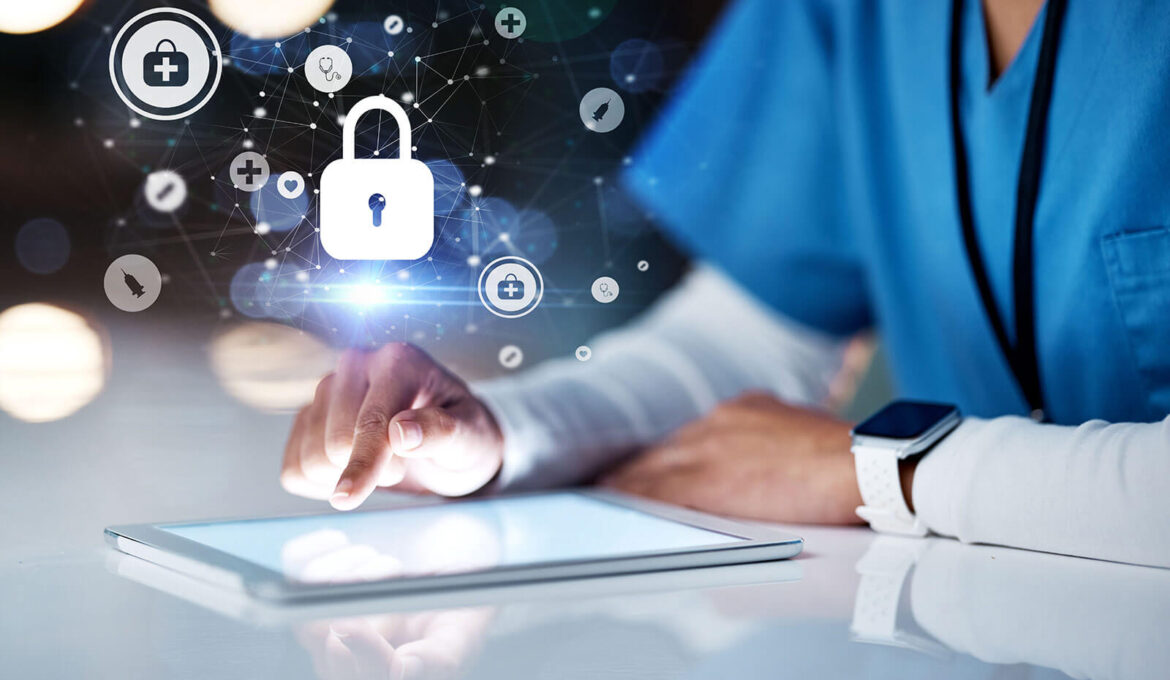Last month’s suspected ransomware attack on a major health technology company has severely impacted the healthcare system, with providers facing daily estimated losses of $100 million due to ongoing payment disruptions, according to First Health Advisory, a digital health risk assurance firm.
Dr. Céline Gounder, a CBS News medical contributor and editor-at-large for public health at KFF Health News, described the attack as the largest cybersecurity breach ever witnessed in the American healthcare system. Change Healthcare, the targeted company, based in Tennessee, is part of the health services provider Optum, Inc., and owned by the conglomerate UnitedHealth Group. It reported widespread connectivity issues in February.
Providers are encountering various challenges as a result of the cyberattack, including difficulties in billing and processing tasks like prior authorizations. Patients’ access to prescription refills at some hospitals is also affected, with some receiving only two weeks of medication refills, necessitating multiple visits and out-of-pocket expenses.
On March 5, almost two weeks after Change Healthcare reported the cybersecurity incident, the U.S. Department of Health and Human Services (HHS) announced several assistance programs for affected healthcare providers. These programs aim to support healthcare systems financially, recognizing the crucial role of revenue in maintaining operations and paying staff.
Dr. Gounder highlighted the importance of supporting Medicaid providers, particularly those with limited financial reserves, who are facing significant challenges due to the crisis.
HHS Secretary Xavier Becerra and other administration officials met with United Health CEO Andrew Witty to address the payment crisis and urged insurers to address the mounting unpaid bills faced by healthcare providers nationwide. Tight controls around patient records exist, but potential vulnerabilities, such as medical devices and HVAC systems connected to hospital networks, could serve as entry points for hackers. Dr. Gounder emphasized the need to address these potential loopholes to safeguard healthcare systems against future cyberattacks.







)
